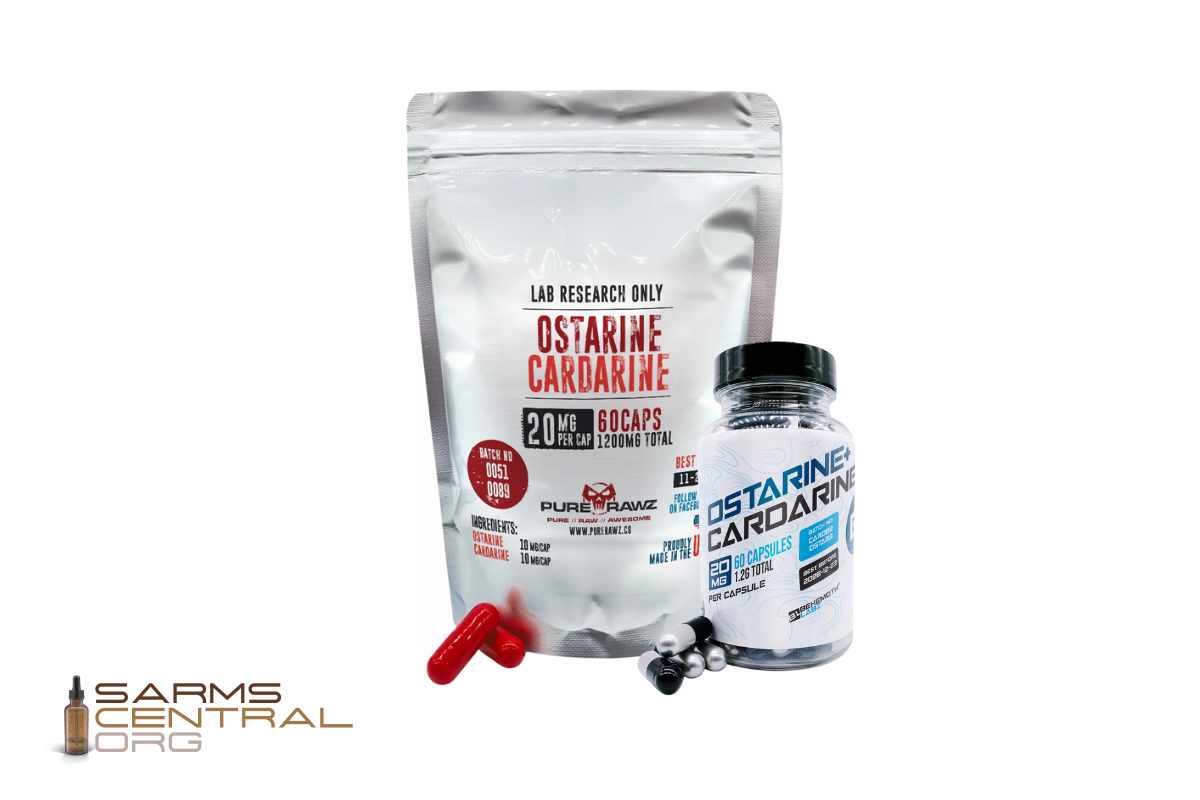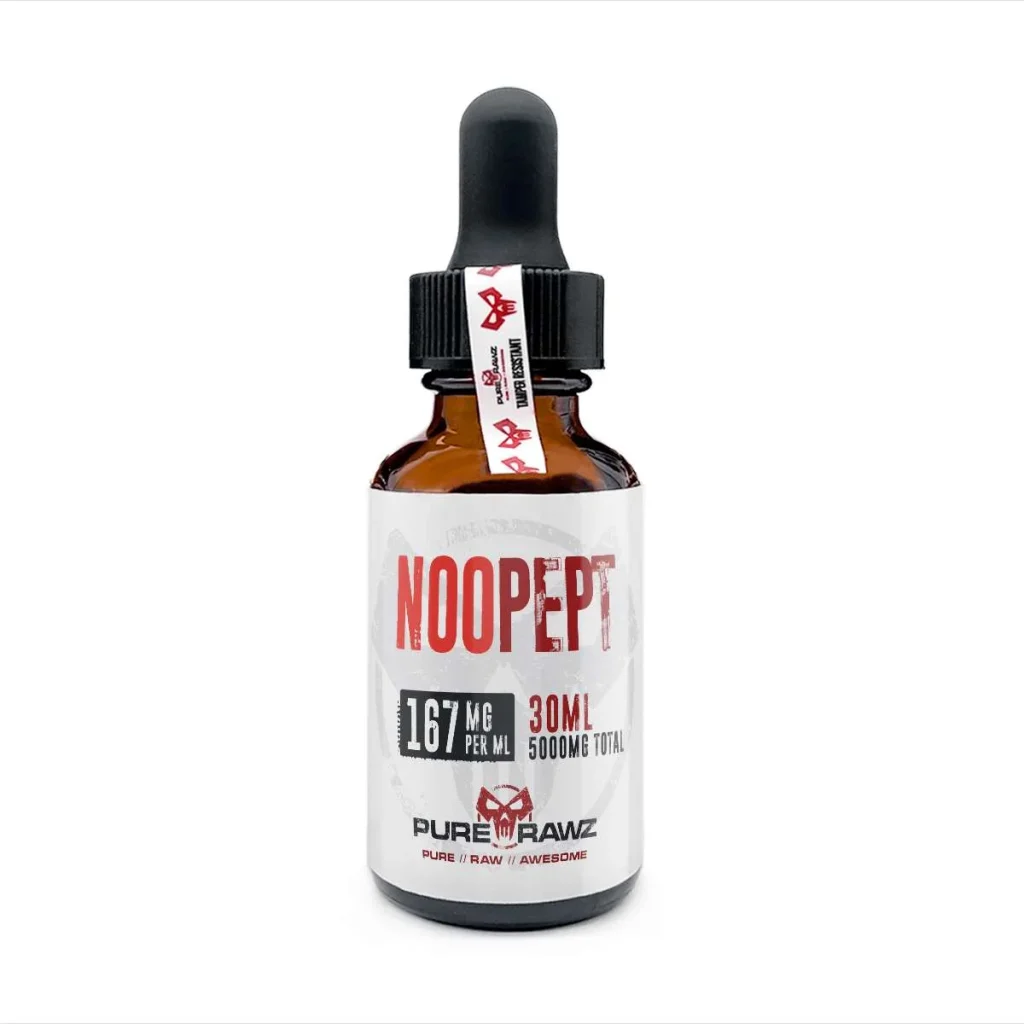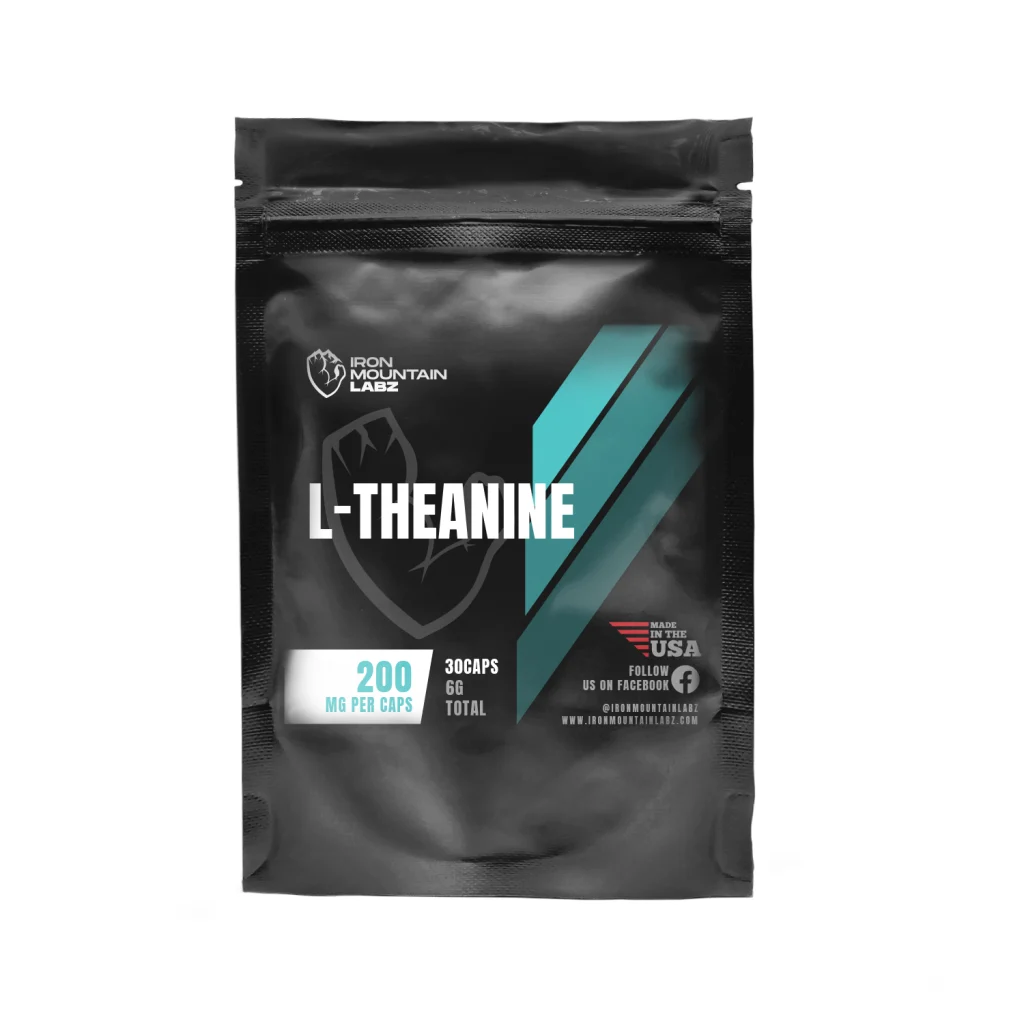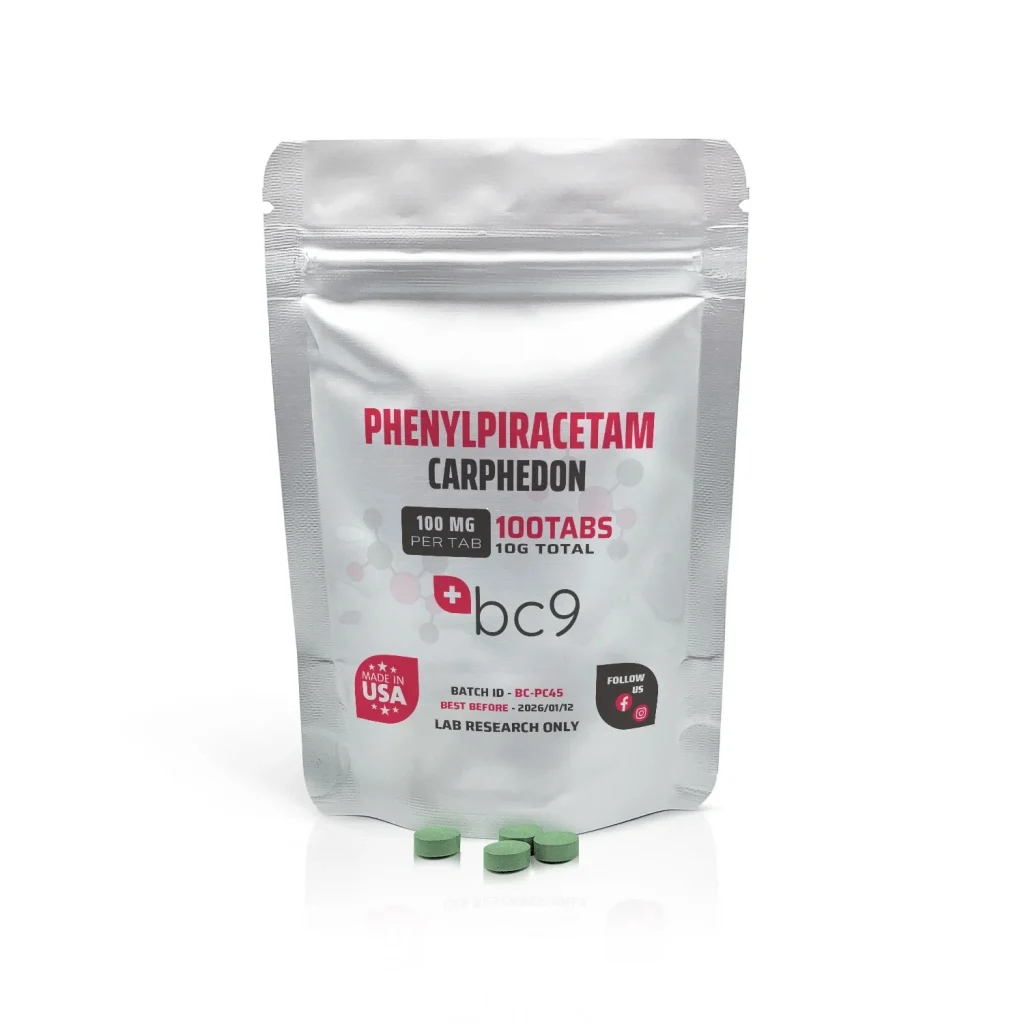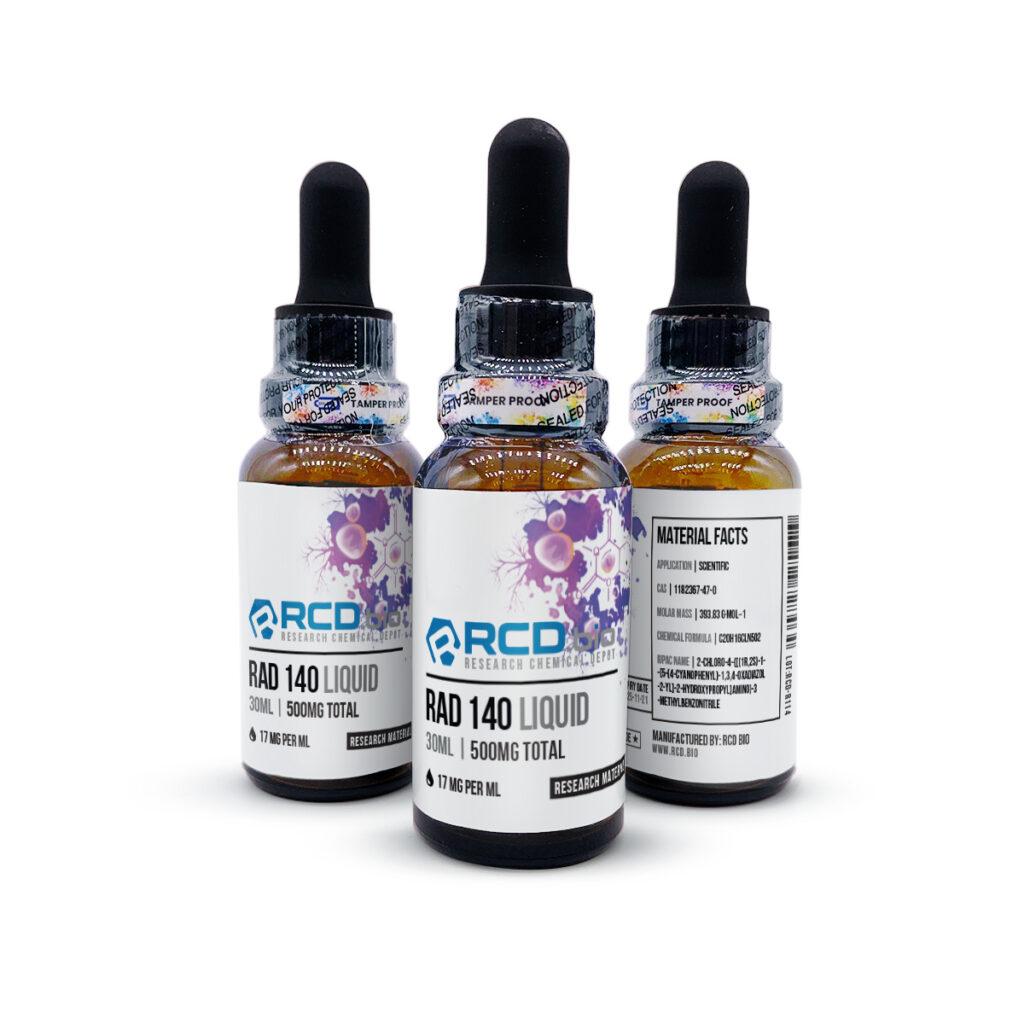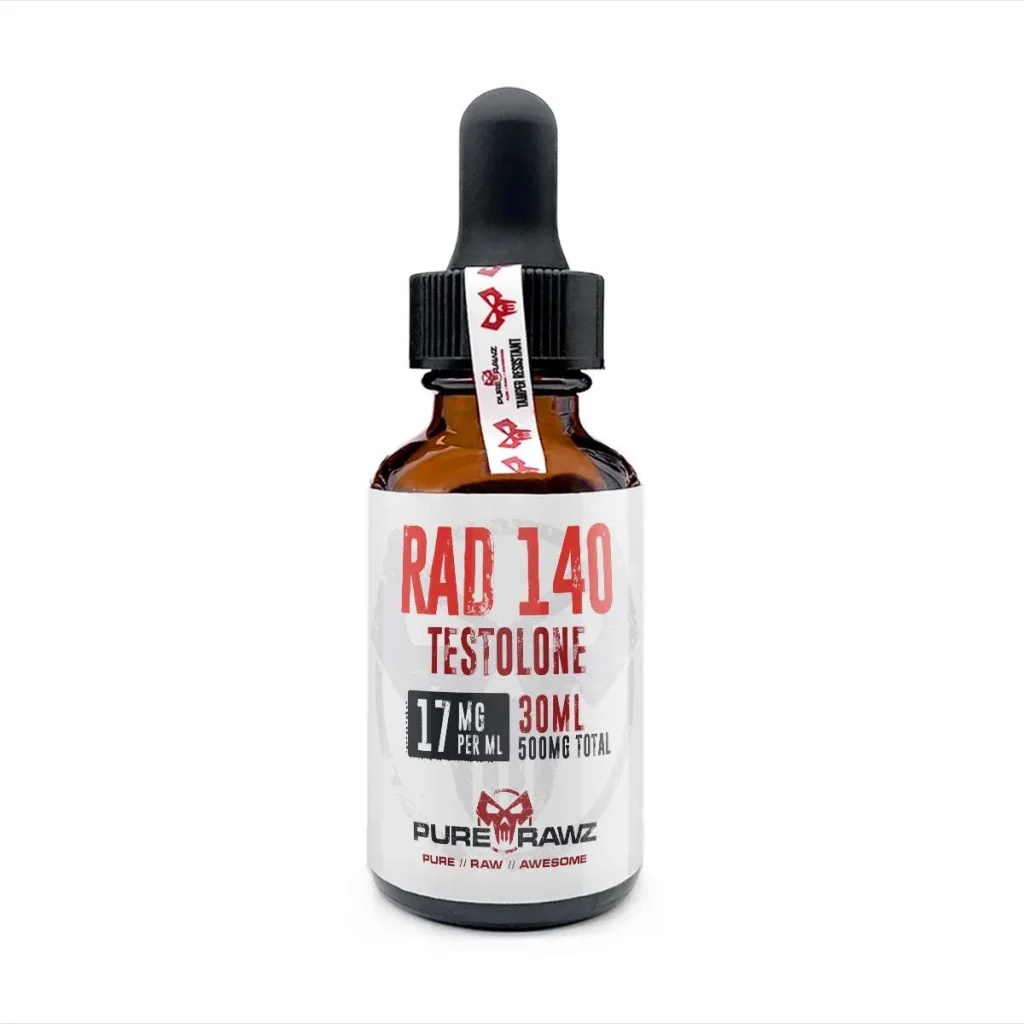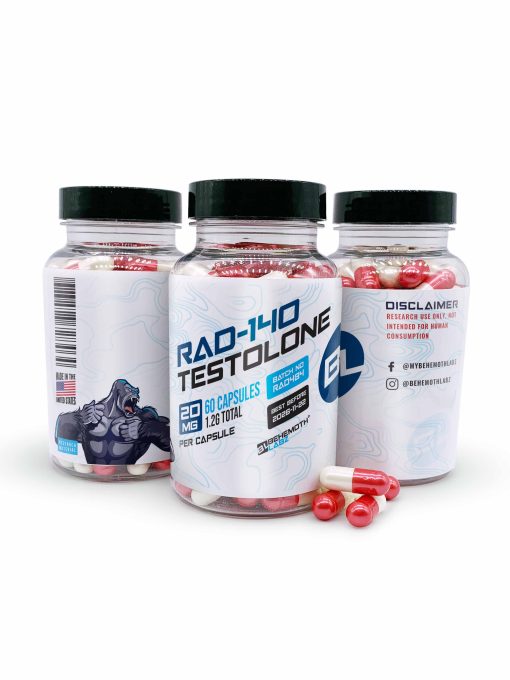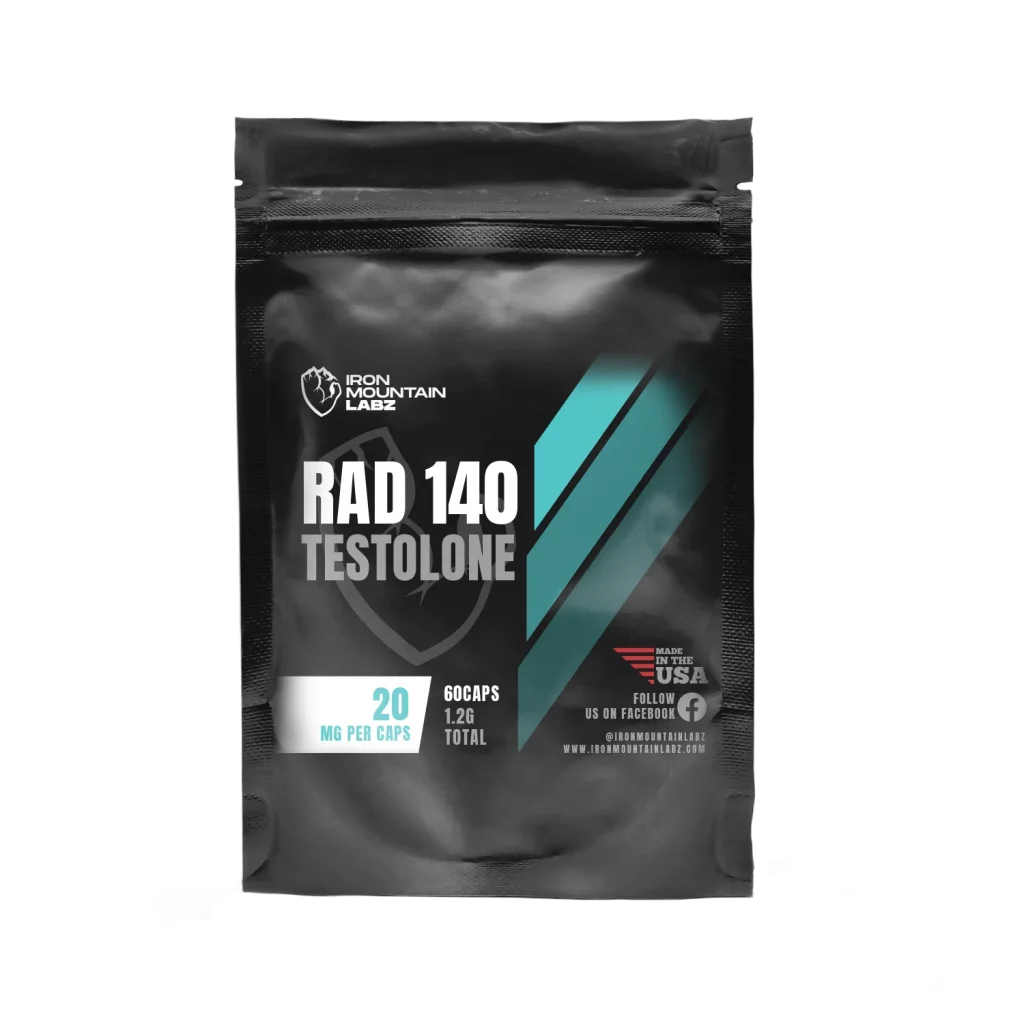Do you struggle with stress and fatigue? Do you struggle to stay focused on finishing a task? In today’s demanding world, maintaining mental clarity and managing stress can be very challenging. Thankfully, adaptogens and nootropics offer natural solutions for improving resilience, reducing anxiety, and even supporting conditions like ADHD with nootropics.
This guide will explore what are adaptogens and nootropics and how they work. We will share with you their benefits. Lastly, you will be able to determine which one is best for you.
What Are Nootropics?
Nootropics are also referred to as smart drugs or cognitive enhancers. These are substances that improve brain function. They can enhance memory, creativity, and overall mental performance, with some nootropics being particularly effective for focus and concentration. Nootropics come in several types. They may be natural nootropics or synthetic compounds. They are believed to help individuals stay mentally focused on a given task.
How Nootropic Work?
Nootropics can influence neurotransmitters. These are believed to influence anxiety and insomnia. Nootropics may also increase blood flow to the brain. Some nootropics even support neuroplasticity. Overall, nootropics help optimize cognitive function and mental clarity. They do this by regulating hormones and reducing the effects of physical fatigue.
The Benefits of Nootropics
- ➢ Several natural options have been studied as nootropics for memory.
- ➢ Improve focus and concentration
- ➢ Support mental energy and alertness
- ➢ Protect brain health and longevity
- ➢ Help manage anxiety and insomnia
Commonly Used Nootropics
- ➢ Caffeine – This natural ingredient boosts alertness and focus. It is commonly found in food and beverage products.
- ➢ L-Theanine – L-Theanine – a well-researched option often used in nootropics for anxiety, as it promotes relaxation without drowsiness.
- ➢ Bacopa Monnierri – This nootropic enhances memory and learning.
- ➢ Lion’s Mane Mushroom – The nootropic mushroom is believed to support nerve growth and cognitive function.
- ➢ Piracetam – Although identified as a synthetic nootropic, Piracetam enhances memory, learning, and cognitive function.
- ➢ Noopept – This is a peptide-based nootropic. Noopept is renowned for possessing neuroprotective and cognitive-boosting properties.
What Are Adaptogens?
Adaptogens are natural substances that are typically in the form of herbs or plants. These help the body adapt to stress and restore balance. Adaptogens also support resilience against physical, emotional, and environmental stressors. These organic substances also promote overall health and well-being. Adaptogenic plants have been used in herbal medicine and Ayurvedic medicine for centuries. Some come in the form of dietary supplements to augment one’s current medications and vitamins.
How Adaptogens Work?
Adaptogens work by regulating the hypothalamic-pituitary-adrenal (HPA) axis. They also play a crucial role in balancing cortisol levels. These natural substances help the body achieve homeostasis by enhancing energy and focus, making them useful alongside certain nootropic stacks for balanced performance. Moreover, adaptogens also promote specific resistance to different types of stressors. Thus, they contribute to improving the body’s stress response.
The Benefits of Adaptogenic Herbs
- ➢ Reduce stress and anxiety
- ➢ Enhance energy and stamina
- ➢ Support immune system function
- ➢ Improve mental clarity and focus
- ➢ Help manage physical fatigue and chronic fatigue
- ➢ Promote better sleep and spirit balance
Commonly Used Adaptogens
- ➢ Ashwagandha – This adaptogen is renowned for its stress-inducing and anxiety-relieving properties. It is one of the common adaptogens present in herbal supplements.
- ➢ Rhodiola Rosea – This plant contains roots with adaptogenic properties. It helps fight fatigue and boost mental performance.
- ➢ Holy Basil (Tulsi) – This adaptogenic plant supports immune health and reduces inflammation. It is also a key botanical in herbal supplements.
- ➢ Ginseng – Another popular adaptogen, ginseng enhances physical endurance. It is also one of the natural ingredients that encourage cognitive function and overall health.
Differences Between Adaptogens and Nootropics
| Feature | Adaptogens | Nootropics |
| Primary Function | Stress relief & balance | Cognitive enhancement |
| Effects | Improves resilience to stress | Boosts brain function |
| Mechanism | Regulates stress hormones | Enhances neurotransmitters |
| Common Uses | Anxiety, fatigue, immune support | Focus, memory, brain health |
| Natural or Synthetic | Natural substances | Natural ingredients & synthetic compounds |
Find The Best Prices For Nootropics
Adaptogenic Herbs: Natural Stress Fighters
Herbs like Ashwagandha, Holy Basil, and ginseng are renowned for their stress-fighting properties. As such, these adaptogenic plants enhance the body’s stress-coping mechanisms. In fact, they may even improve the body’s overall resilience and support better sleep quality with nootropics when stress is a key factor.
Nootropics: Boosting Brain Function
Nootropics have been the subject of research due to their cognitive effects. Their potential benefits may include:
- ➢ Increasing neurotransmitter activity
- ➢ Improving mental clarity
- ➢ Reducing brain fog
- ➢ In some cases even enhancing motivation and drive.
Some selected nootropics are popular botanical substances. They have a long history in herbal medicine. A good example of such nootropics is Bacopa Monnieri.
Can Adaptogens & Nootropics Be Used Together
Yes. Many users combine adaptogens and nootropics. Their goal is to experience a balanced approach to stress relief and cognitive enhancement. For example, some pair Rhodiola Rosea (adaptogen) with Bacopa Monnieri (nootropic), while others combine them with peptides like those designed for energy support. By doing so they enhance their bodies’ both stress resilience and mental performance.
Choosing the Right One For You
- ➢ If stress and fatigue are your main concerns, start with adaptogens.
- ➢ If you need better focus to get through the day, try nootropics.
- ➢ Suppose you need a well-rounded approach, combine both. Do this based on your unique physiology and nutrition requirements.
Conclusion
Adaptogens and nootropics offer natural ways of supporting the body and mind. They can help with managing stress and enhancing overall well-being. These potent substances can even be combined to meet your needs. By choosing the right herbal supplements and vitamins, you may improve your overall performance.
Frequently Asked Questions
How do adaptogens help with stress?
They can regulate cortisol levels. Adaptogens can also enhance the body’s ability to manage stressors naturally.
Do nootropics affect one’s mood?
Yes, some nootropics can enhance the mood. They do this by supporting neurotransmitter function. Nootropics can also reduce stress and anxiety.
Can I take adaptogens and nootropics daily?
Yes, many users are taking them regularly. However, cycling usage may help maintain effectiveness.


